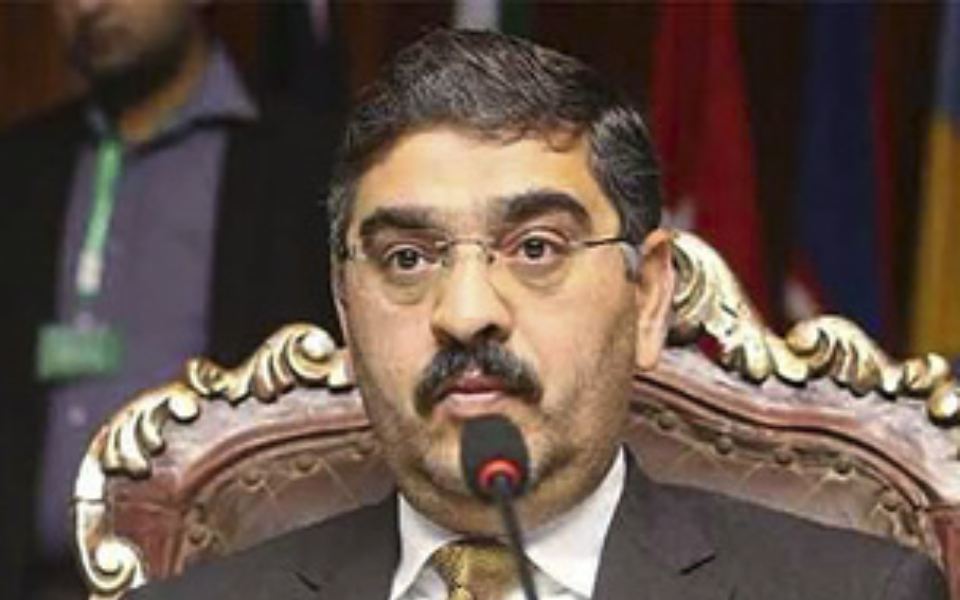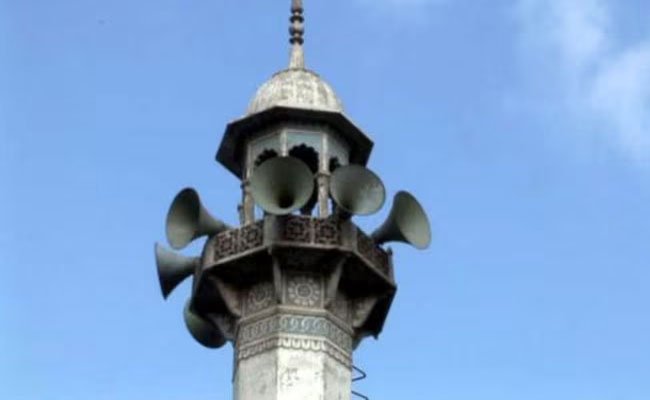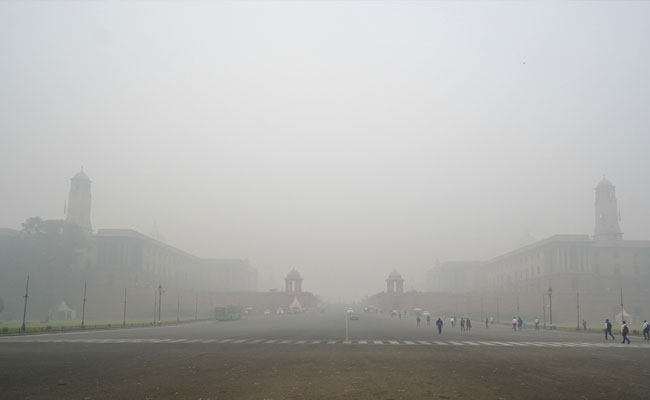Islamabad, Aug 12: Senator Anwarul Haq Kakar was on Saturday appointed the caretaker prime minister of Pakistan to head a neutral political set-up to run the cash-strapped country until the next general elections.
Kakar's name was agreed upon during the final day of consultations between outgoing Prime Minister Shehbaz Sharif and the Leader of Opposition in the dissolved National Assembly, Raja Riaz Ahmad, according to a statement from the Prime Minister's Office.
"The prime minister and leader of the opposition jointly signed the advice (to appoint Kakar) and it was sent to the president," read the PMO statement.
Kakar, 52, is an ethnic Pushtun from Balochistan province and a part of the Balochistan Awami Party (BAP) -- a party considered close to the powerful establishment of the country.
In his first reaction, Kakar tweeted: "Thank you to Allah Almighty who gives me the opportunity to Serve the Nation as Caretaker PM of Pakistan. I.A (inshallah) will do the best which will be in favour of Pakistan."
Speaking to the media, Opposition leader Riaz said: "We decided that the interim prime minister would be from a smaller province".
He said that Kakar's name was suggested by him which was approved.
President Arif Alvi approved the appointment of Kakar as the caretaker prime minister under Article 224(1A) of the Constitution.
Sharif also thanked Riaz for his cooperation during the consultation process and for his excellent leadership of the opposition during the past 16 months.
Former information minister Marriyum Aurangzeb also confirmed that Kakar emerged as a consensus candidate during a discussion between the prime minister and the opposition leader.
The premier and opposition parties began rounds of meetings to pick a caretaker prime minister following the dissolution of the National Assembly on August 9.
Under Provision of Article 224 (1A) of the Constitution, the president appoints the caretaker prime minister in consultation with the prime minister and leader of the opposition in the outgoing National Assembly, the lower house of Parliament.
Kakar was elected to the Senate in 2018 and has been a very active politician. He has also served as the spokesperson of the Balochistan provincial government prior to his election to the upper house.
Born in 1971 in the Muslim Bagh area of Qila Saifullah district of Balochistan. He holds a Master's degree in Political Science, Sociology and is an alumnus of the University of Balochistan.
The appointment of an interim government is a constitutional requirement and the outgoing prime minister is bound to choose his successor in consultation with the leader of the opposition within three days of the end of the National Assembly.
If the two leaders fail to reach a consensus, they send two names each to a bipartisan parliamentary panel which creates consensus on a single candidate within the next three days. However, in case of failure, the panel sends all names to the election commission which within two days appoints the caretaker premier.
The national assembly was dissolved on August 9 and Saturday was the last day for the prime minister and the leader of the opposition to agree upon a caretaker premier.
The general elections are expected to be held within 90 days but the election commission may take more time if it organises delimitation on the basis of a new census. Kakar will soon take an oath and choose his cabinet for the interim period to run the country.
Let the Truth be known. If you read VB and like VB, please be a VB Supporter and Help us deliver the Truth to one and all.
Jamshedpur (PTI): One person was arrested on the charge of raping a 30-year-old woman with speech impairment in Jamshedpur, a police officer said on Tuesday.
The incident occurred in the Azadnagar police station area of the city, and a case in this regard was registered based on the statement of the victim's brother on Monday.
The victim had gone to fetch water from the premises of a company on Monday evening. When she did not return even after a considerable time, family members went out in search of her and caught the accused red-handed, police said.
ALSO READ: BJP accuses Karnataka govt of 'failing' to prevent noise pollution caused by 'azaan'
The accused was a caretaker of the company.
Deputy Superintendent of Police (Patamda) Bachandeo Kujjur said due to scarcity of water in the area, the victim used to fetch water from the premises of the company.





